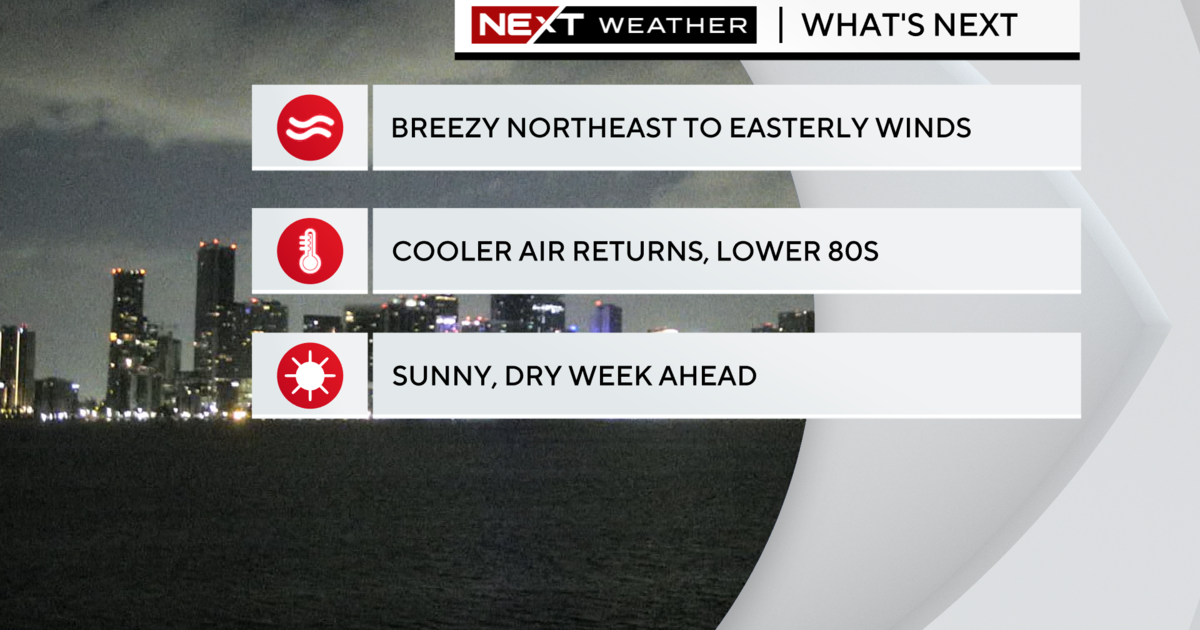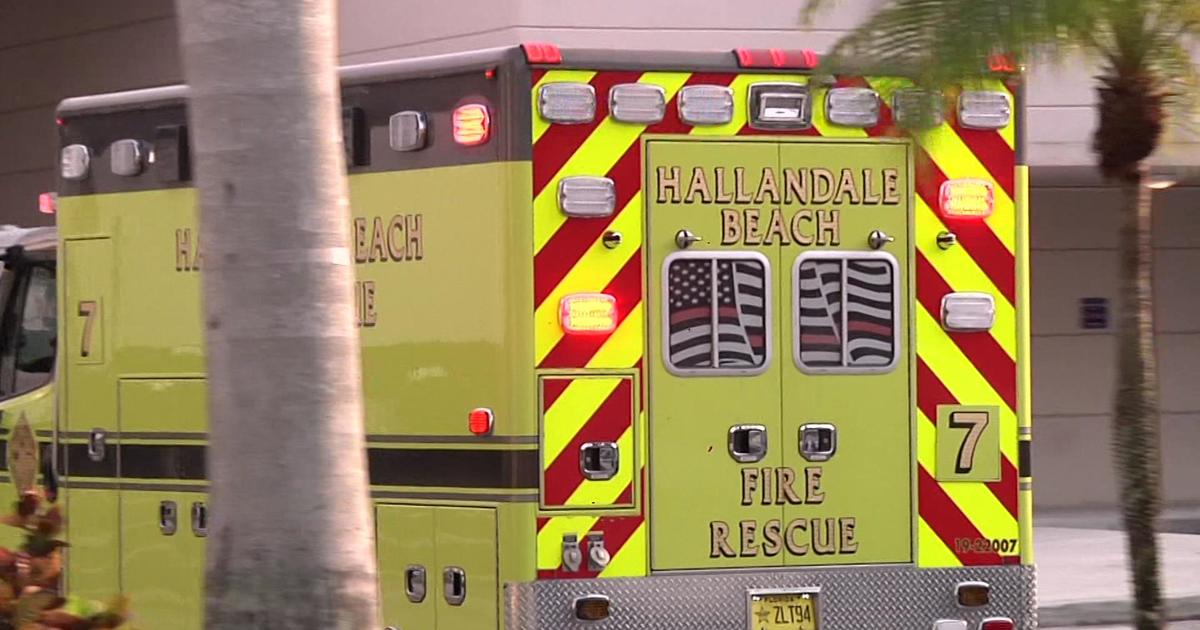Nicklaus Children's Hospital Sees Spike In Child Mental Health Emergencies
MIAMI (CBSMIAMI) – The pandemic has not only affected physical health, but also mental well-being, and children are not immune.
It brought plenty of changes from jobs, to schooling, to day-to-day life. As children learn to cope with it all, for many, it has taken a toll.
Mental health professionals at Nicklaus Children's Hospital say they are treating their highest number ever of children and teens suffering from various effects of mental health struggles.
"Our highest-ever year. We are already at 400 patients over the highest year, with November and December not even calculated to date," says Gina, a psychiatric social worker.
Due to her job, she can not give her last name.
Those numbers reflect what national data is showing.
According to the CDC, in 2020, the percentage of hospital visits for children with mental health emergencies went up by 24% for children ages 5-11, and 31% for children ages 12-17.
There was also a 50% increase in suspected suicide attempts among girls ages 12-17, and a 4% increase for boys the same age.
"They're not only not having the outlet of school, socialization, and connection in that regard," says Clinical Psychologist Dr. Ana Maria Ojeda. "They're also dealing, every day, with no break, with whatever is going on at home, which, for a lot of families, there's a lot going on."
She says they see children and teens with anxiety and depression, expressing symptoms like shortness of breath, stomach pain or heart palpitations, as well as thoughts of self-harm.
"It's not uncommon for children and adolescents to internalize and absorb a lot of what's going on at home and, really, they don't really understand financial stress, but they know it's happening," Dr. Ojeda explains. "So that becomes a stressor, and the worst part about that stressor is they have nothing they can do about it."
Social media can also have a major effect on mental health, with children now spending a lot more time communicating virtually.
"With social media, this is their way to connect to other people, and they're often being exposed to things their minds are capable of handling," Gina says.
There are ways to help promote mental wellness at home.
Some suggestions they give include setting social media boundaries, making time for open communication, allowing space when needed, and being direct when it comes to questions about self-harm.
Social media does not have to be eliminated completely, but Dr. Ojeda says it should be monitored.
During designated time for open, judgment-free communication, Gina says to ask open-ended questions. For example, instead of asking "how was school?" She suggests asking something like "who did you sit by at lunch today?"
They also suggest allowing children space when they need it. Many times, when dealing with mental health challenges, children may have a hard time articulating how they feel. Coming up with "code words" can be a way to know when they need some time to themselves. For example, when they say "pumpkin" it means they need some downtime.
Finally, they say it is OK for parents or caregivers to directly ask the child if they have thoughts of hurting themselves or killing themselves. Though it may be an uncomfortable topic, they say it could mean early intervention and possibly save their life.
"This isn't, just, take a pill and your done, or go to the OR and you're done," Gina says. "This is a process. You didn't get here in one jump."
Dr. Ojeda says there is a bright spot to this.
They say this is opening up the door for more conversation and education about mental health and working to remove the stigma.
Nicklaus Children's Hospital has provided some links:



